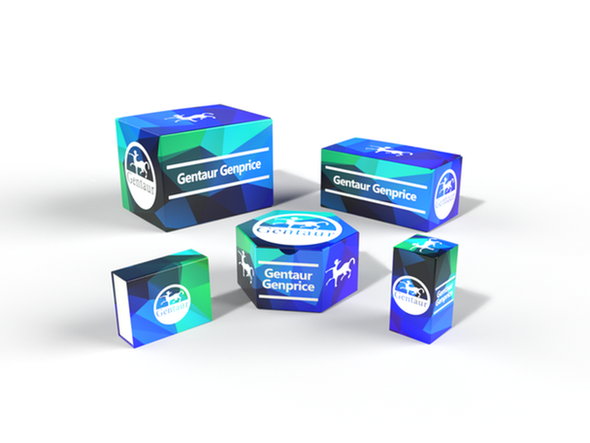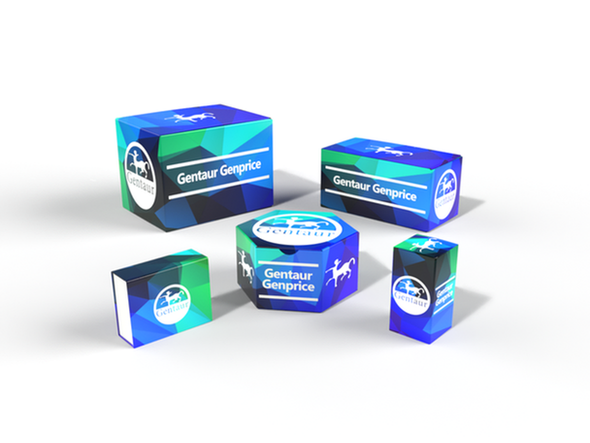BW
DGK-δ (S66) polyclonal Antibody | BS2078
- SKU:
- BW-BS2078
- Availability:
- Usually ships in 5 working days
Description
DGK-δ (S66) polyclonal Antibody | BS2078 | Gentaur UK, US & Europe Distribution
Host: Rabbit
Reactivity: Human,Mouse,Rat
Application: WB IHC IF
Application Range: WB: 1:500~1:1000 IHC: 1:50~1:200 IF: 1:50~1:200
Background: Diacylglycerol kinases (DGKs) phosphorylate diacylglycerol (DAG) to produce phosphatidic acid. DAG and phosphatidic acid are lipids that act as second messengers in signaling cascades. DGK-α influences cell activation and secretion of lethal exosomes, which in turn control cell death. DGK-β is abundant in restricted brain regions such as the caudate putamen and olfactory tubercle. DGK-γ encodes full-length and truncated transcripts that are present in a range of human tissues, with greatest expression observed in retina. DGK-δ is most abundant in skeletal muscle. DGK-ε shows specificity for arachidonylcontaining diacylglycerol and is expressed predominantly in testis. DGK-θ is most abundant in the cerebellum and hippocampus. DGK-ι is present in brain and retina as a predominant transcript of more than 12 kb, including a long 3-prime untranslated region, with additional low abundance transcripts of 9.5 and 7.5 kb. DGK-η is closely related to DGK-δ. DGK-ζ is most abundant in brain and muscle. DGKs have structural motifs that play regulatory roles, and these motifs form the basis for dividing the DGKs into five subtypes.
Storage & Stability: Store at 4°C short term. Aliquot and store at -20°C long term. Avoid freeze-thaw cycles.
Specificity: DGK-δ (S66) polyclonal Antibody detects endogenous levels of DGK-δ protein.
Molecular Weight: ~ 135 kDa
Note: For research use only, not for use in diagnostic procedure.
Alternative Names: Diacylglycerol kinase delta; DAG kinase delta; 130 kDa diacylglycerol kinase; Diglyceride kinase delta; DGK-delta; DGKD; KIAA0145; DGKδ; DGK δ
Immunogen: Synthetic peptide, corresponding to amino acids 34-88 of Human DGK-δ.
Conjugate: Unconjugated
Modification: Unmodification
Purification & Purity: The Antibody was affinity-purified from rabbit antiserum by affinity-chromatography using epitope-specific immunogen and the purity is > 95% (by SDS-PAGE) .
Pathway:






